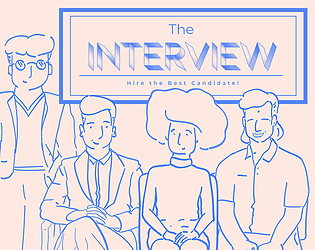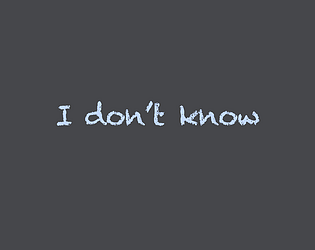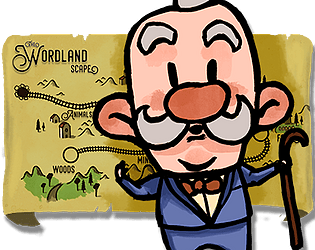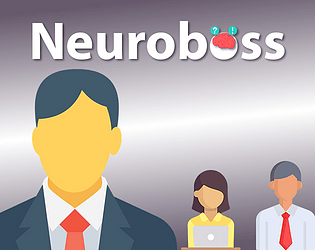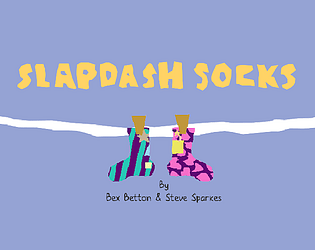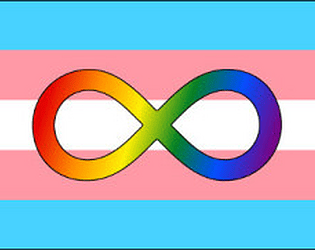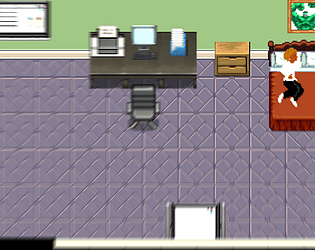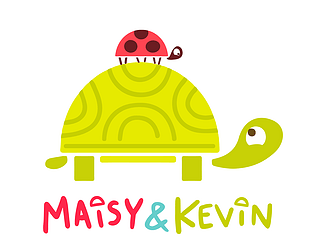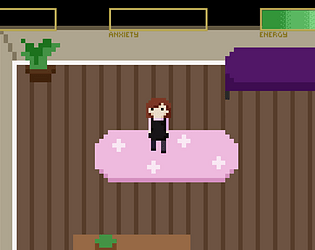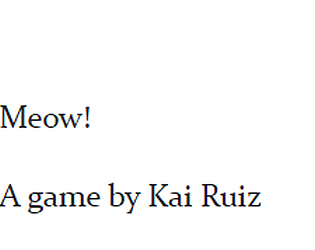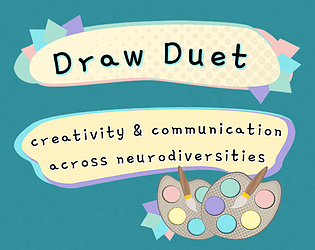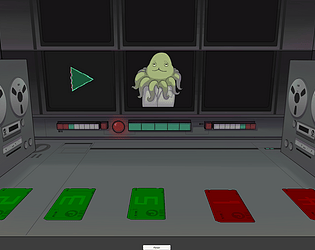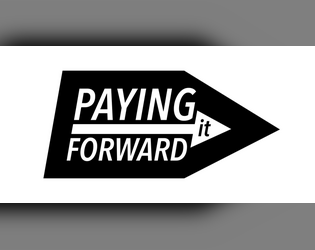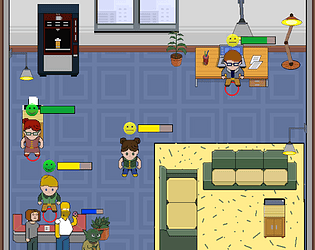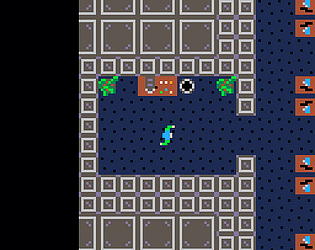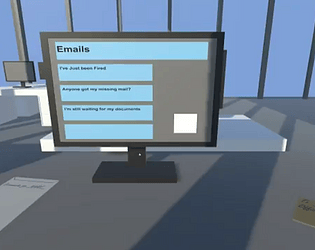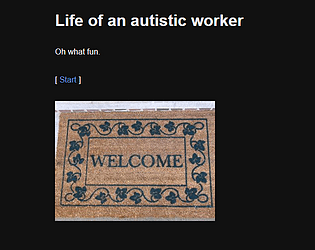This jam is now over. It ran from 2020-03-02 00:00:00 to 2020-03-09 16:00:00. View 21 entries
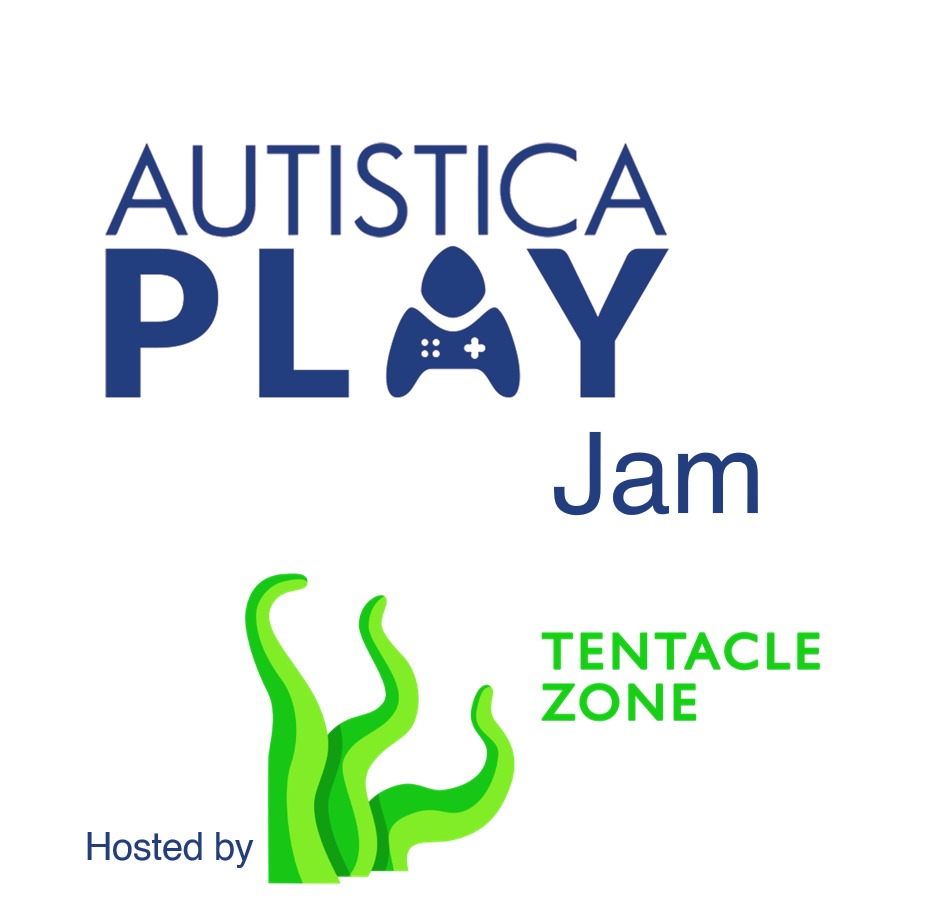
Take part in the Autistica Play Jam, an inclusive and accessible game jam designed by the Tentacle Zone at Payload Studios and Autistica
Participating game developers will be asked to create a game tackling one of three themes chosen by Autistica.
The jam will take place between the 2nd and the 9th of March and the games will be showcased at Payload Studios on the final day.
On the 9th of March, a panel of judges will play the games and create a shortlist. The shortlisted games will be presented on the World Autism Awareness Day (WAAD) at the British Film Institute (BFI) during the London Games Festival week at the annual Autistica Play 2020 event.
The Autistica Play Jam’s concept is simple: a no pressure game jam. The participants choose a theme and develop a game over the course of a week, either on their own or in teams.
The themes will be announced on Friday, 28th of February, to allow enough time for people to read up on them and start thinking about their games. Submissions start on the 2nd of March and end on the 9th of March at 10AM GMT.
Everyone interested can join the community of makers on Discord here: https://discord.gg/cuzt4hu
Key dates:
- Friday 28 February: themes will be announced! These themes will be chosen by Autistica and backed by academic research
- Monday 2 March: game jam keynote and start of Play Jam game jam at the Tentacle Zone. The keynote will also be available online, so in-person attendance is not mandatory
- Monday 9 March: end of submissions and showcase of games at the Tentacle Zone.
Donations
If you would like to donate to Autistica: https://www.justgiving.com/campaign/autisticaplayjam Your donations will help further research into autism and the development of projects like this one!
Social Media
The hashtag for the jam is #AutisticaPlayJam. You are also helping us by sharing your progress on social media!
What can you make?
You can make any game you want following one of the themes, and provide a download to a playable game (the game can be opened from an executable and played). We are also admitting board games submitted in pdf format.
It’s your first jam or you just want to work on a small game?
Check these engines:
● Bitsy
● Twine
How themes work
You can choose any of the 3 themes to work on your game. When submitting, please mention which one you used as a starting point or guiding principle/research for your game. This will be taken into account when choosing the shortlist of games.
Theme: Hidden in Plain Sight
Did you know?
For a variety of reasons, 79% of autistic adults will experience some form of mental health problem in their life. We know that early diagnosis and the right support can make a massive difference. That’s why mental health is a top research priority for the autism community and Autistica.
Thoughts to get you started
What barriers might stop autistic people from reaching out for help?
- Some autistic people can find it hard to identify their emotions. This is called alexithymia. This means that some people may not realise that they need to look for support or may not be able to talk about how they’re feeling when they are struggling.
“I have anxiety and depression, but it’s taken several visits to the GP to discover this”
- If someone has an autism diagnosis that can overshadow other challenges that they may be facing. Autism can often be the focus of a GP/clinician’s attention, so they may not see other issues, like anxiety.
“Unless my appointment is specifically about autism it doesn’t seem to be on my file… Often they obviously don’t believe me.”
- Many autistic people communicate in different ways. That can mean that making contact with health services is very difficult.
“I don’t use the phone so can’t ring for an appointment. It’s a barrier before I even get to the surgery.”
- Lots of autistic people can find social rules confusing. This might make it hard to do some things that non-autistic people may not find challenging, such as knowing how to arrange an appointment or knowing when to follow up on appointments.
“For me, sitting in a doctor’s surgery is like sitting in a black hole where I am not allowed to move until my name is called. Needless to say, I do not go to the doctors even when I am ill.”
- Sensory differences are a common feature of autism. Autistic people may experience senses very acutely or very weakly (or a combination of both). This can mean that things that non-autistic people wouldn’t notice, like fluorescent light, a radio in the waiting room, a doctor’s perfume can be actually painful.
Further resources
Anxiety tools for autistic people - MoleHill Mountain
Understanding suicide in autism
Theme: Communication
Did you know?
Around 1 in 4 autistic people speak no or few words, and many more find social communication difficult. Everyone has a right to be understood, that’s why language and communication is a top priority for the autism community and Autistica.
Thoughts to get you started
How do autistic people communicate?
- Most autistic people have difficulty interacting with others. They may have difficulty with initiating interactions, responding to others, speaking in groups or using interaction to show people things or to be sociable
- Non-autistic people appear to know, intuitively, how to communicate and interact with each other, yet can also struggle to build rapport with autistic people. A 2016 study found that non-autistic people often quickly develop a negative bias towards autistic people in face-to face-social situations. However, these biases were not present when the conversation took place without audio-visual cues.
- More recent research has found that autistic people communicate more easily with other autistic people.
Further resources:
PECS at home to help with communication skills
Anxiety and depression in autistic people who speak few or no words
Theme: Office Life
Did you know?
16% of autistic adults are in some form of paid work although 77% express they want to find paid employment. Many autistic people have the skills and qualities that companies are looking for. Sometimes it is just small changes to company processes and environments that can help autistic people access employment and be productive at work. That’s why Autistica is working with companies as part of their project DARE (Discover Autism Research and Employment).
Thoughts to get you started
What are the barriers that might stop an autistic person from gaining their dream job and thriving in it?
“I don’t apply for jobs because I’m scared.”
- Recruitment processes may be inaccessible for many autistic people. Unclear application forms, abstract questions, unsuitable sensory environments and the fact that interviews often operate as a test of social ability can disadvantage autistic people and make it harder for them to demonstrate their suitability for a role.
“The current interview system tends to discriminate against autistic people, as it calls for skills of communication, relating to people, and thinking on the spot that are often difficult for us.”
- Communication can be a challenge for autistic people in the workplace. For example: Understanding office banter, advocating for themselves, asking for support
- Autistic people often think differently or process information in a unique way. This might lead to issues multi-tasking, meeting deadlines, managing unstructured work practices
- As autistic people have sensory differences, some parts of the work environment may be very challenging, even painful. For example: office lighting, sounds of machinery, canteen smells, etc.
- Given the social and sensory challenges that autistic people might face in work, it can be hard to stay happy. It can be a particular challenge to manage anxieties at work and maintain good mental health more generally.
“Despite feeling extremely stressed, the fear of judgements, stigma and discrimination prevents me from being open about being autistic, however I wish I could be.”
- Autistic people also face high rates of underemployment. For those who do find work, it is disproportionately part-time, temporary, casual, or roles for which they are overqualified.
Remember! It is likely that medium-to-large employers already have autistic people within their workforce. Autistic people are more likely to have strengths in areas such as attention to detail, focus and information processing which can be useful in various sectors. However, like the rest of the population, autistic people’s skills vary and they may find employment in a wide range of fields. Autistic people’s employment outcomes improve when they are matched with jobs that fit their skills and interests. Most autistic adults are undiagnosed and some do not disclose their diagnosis to their employer for fear of discrimination.
Further resources
Want to find out more about Autistica’s current research projects?
https://www.autistica.org.uk/our-research/research-projects
Please consider donating to Autistica so we can continue to do the vital research needed: https://www.justgiving.com/campaign/autisticaplayjam
Submissions(21)
No submissions match your filter


